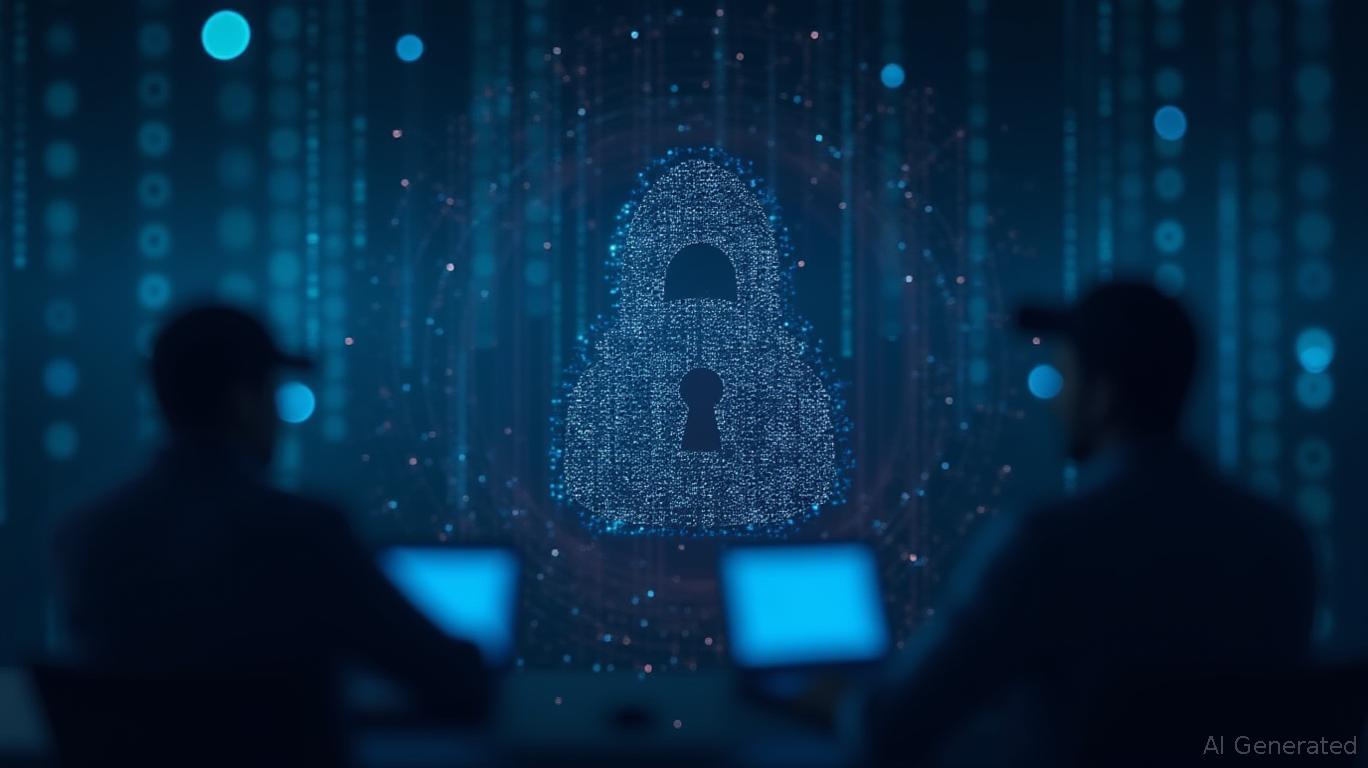Crypto’s Digital Security Battle: GMGN Commits to Complete Compensation Following Phishing Incident
On October 28, Haze, the founder of GMGN.Ai, revealed that the platform will provide full reimbursement to users impacted by a phishing attack that affected around 107 accounts, according to a report from
The phishing scheme relied on social engineering, tricking individuals into clicking on harmful links disguised as trusted services. GMGN’s security team identified and eliminated the threat, restoring the compromised accounts’ safety. In a public statement, Haze emphasized the platform’s proactive approach, noting that this incident is part of a larger trend of phishing attacks in the crypto industry. “We are making sure every affected user is fully reimbursed and have reinforced our security to prevent similar incidents,” Haze stated.

This event reflects a broader pattern of phishing attacks that exploit AI-powered tools and OAuth weaknesses. For instance, Microsoft recently reported a phishing method called CoPhish, which leverages Copilot Studio agents to send deceptive OAuth consent requests via trusted domains, as explained in a
GMGN’s prompt action comes after another recent security incident: a maximal extractable value (MEV) sandwich attack that impacted 729 transactions. By October 26, the platform had fully compensated those affected, with Haze confirming that reimbursements were automatically deposited into user wallets, as
Experts in the field point out that both phishing and MEV attacks are part of an escalating battle between cybercriminals and security teams. For example, Microsoft’s CoPhish campaign takes advantage of Copilot Studio’s demo site feature to host phishing pages, as
GMGN’s rapid and transparent response has been widely praised. Social media users have applauded the platform’s “steadfast dedication to user trust,” with many emphasizing the value of immediate compensation in reducing financial losses, as previously reported by Cryptopolitan. The platform’s approach—combining prompt restitution with enhanced security—mirrors a wider industry movement toward greater accountability amid rising cyber threats.
As phishing tactics become more complex, companies like GMGN, Microsoft, and LastPass are being pushed to strengthen their security measures. Microsoft has committed to rolling out updates to address CoPhish vulnerabilities, while LastPass advises users to confirm domain legitimacy before entering credentials. For now, GMGN’s decisive actions offer a model for crisis response, balancing immediate recovery with ongoing security enhancements.